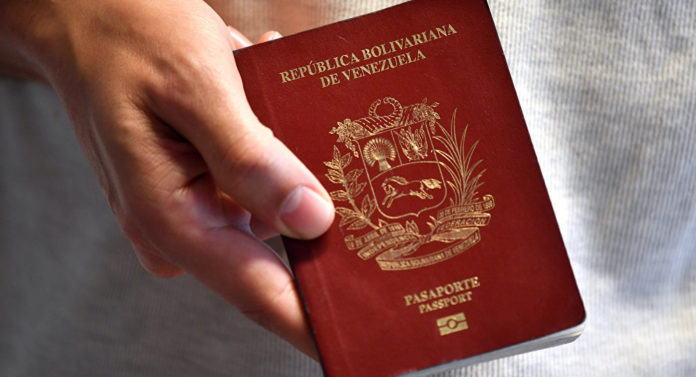Panama announced that it will accept the expired passports of Venezuelan citizens who are in its territory, if they have the Venezuela Consulate-issued extension stamp, as valid for carrying out immigration procedures.

According to the measure, approved by an executive decree on Tuesday, March 26, 2019, Venezuelans “may use their passports for their paperwork up to two years from the original date of expiration or passports to expire.”
The Servicio Nacional de Migración de Panamá (SAM) – National Immigration Service of Panama – said in a statement that “the stamp of extension issued by the Consulate of Venezuela will be previously required, and stated that the decree “is only applicable to Venezuelan citizens who are in the national territory.”
According to the SAM, a large number of passports of Venezuelan nationals who are in Panama are already due or about to expire, “which are or would remain in a state of defenselessness and irregularity (illegality), because they cannot regularize their immigration status for reasons of the political situation that the South American country is going through”.
Panamanian officials also acknowledged it has become very complicated and impossible to obtain a renewal or new passport for Venezuelans, so the Panamanian State “considers it necessary to proceed with the acceptance of expired passports to carry out the corresponding immigration procedures.”

In this way, according to the SAM, affected Venezuelans will be able to “obtain a status that allows them to continue contributing to the national economic development” of Panama. Panamanian immigration stressed that “the validity of this provision is for 6 months”.
The announcement comes shortly after the Panamanian government on March 22 withdrew its credentials from Jorge Durán, ambassador of the Nicolás Maduro government, and more than a dozen Venezuelan diplomats.
The United Nations Agency for Refugees and the International Organization for Migration stated that it has the number of Venezuelan refugees and migrants in the world at 3 million, including 2.4 million in Latin American and Caribbean countries.













